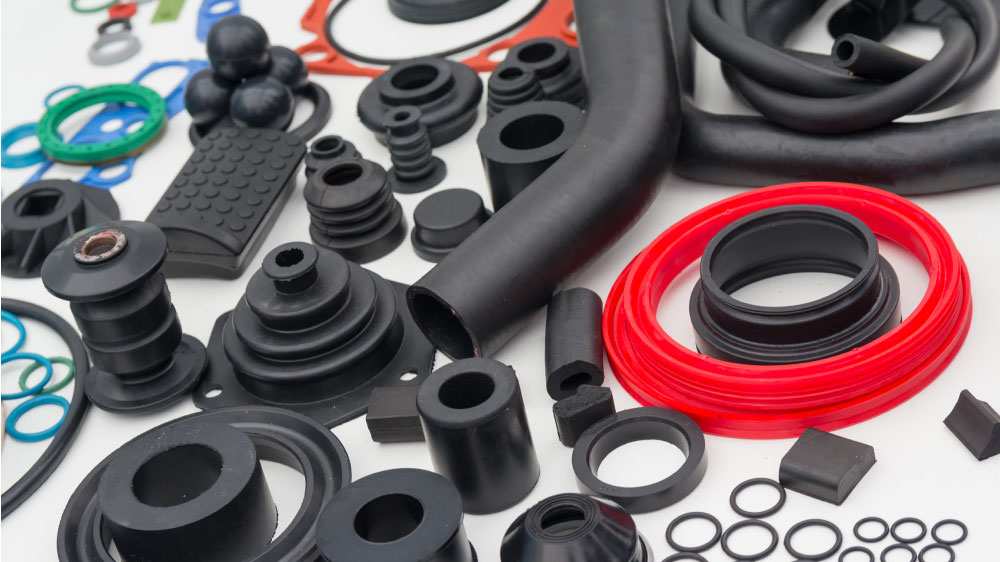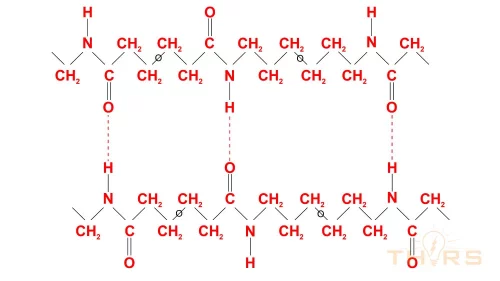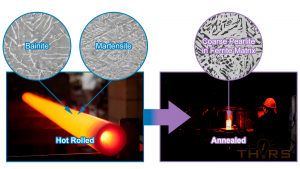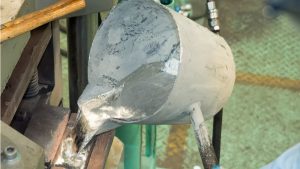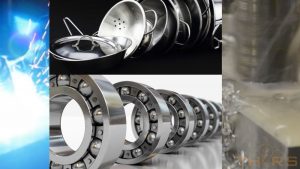Course Description
Take a peek into the world of industrial polymers vital to civilization. The THORS course Polymer Basics provides a comprehensive view of the lifecycle of synthetic polymers. This introductory course, replete with vibrant visuals and interactives, explores the chemistry, classification, and manufacturing processes associated with synthetic polymers. In addition, this course examines the properties and performance of synthetic polymer products.
Who will benefit from this Polymers course?
Quality, manufacturing, materials, engineering, purchasing, sales, and marketing teams in organizations involved in distributing, processing, manufacturing, and consuming of industrial plastics.
Course Classification
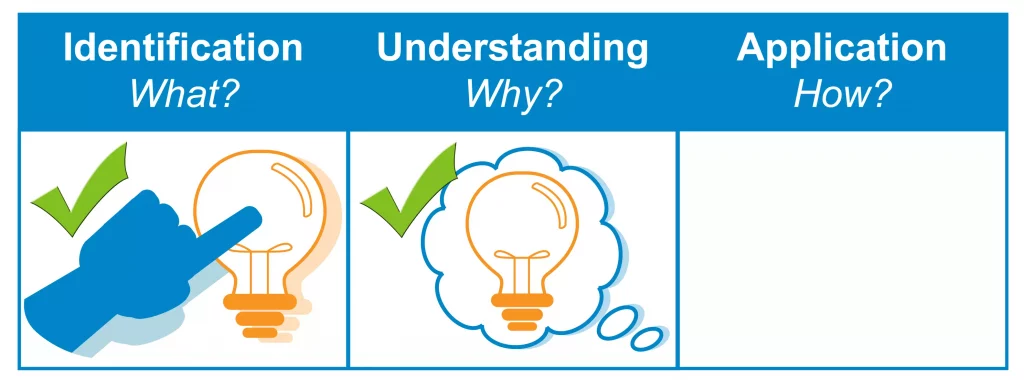
*THORS uses the Bloom’s Taxonomy Methodology for our course development.
Certificate Awarded for Polymer Basics
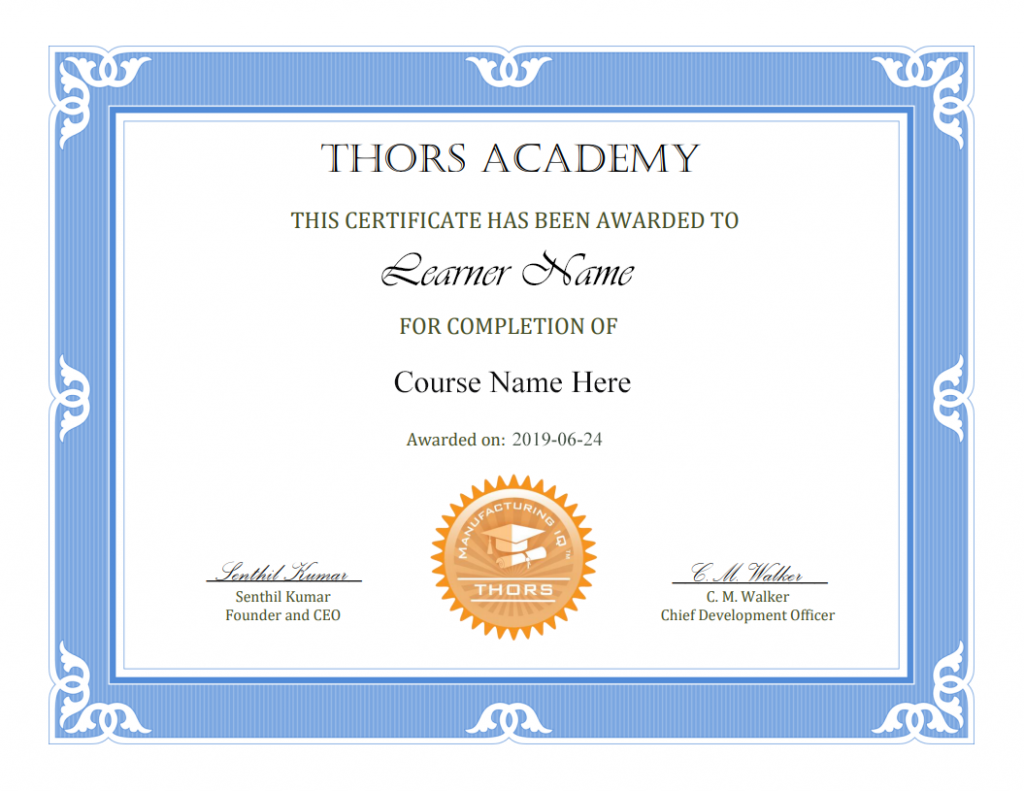
*upon successful completion
Related Posts

6 common misconceptions about training
Training is one of the most important tools for growing in one’s chosen career. Participating in continued learning and career advancement training programs will ensure

Benefits of eLearning in Manufacturing
In the world of manufacturing, training is essential. Every employee needs to understand how to use equipment, follow procedures, and maintain quality standards. With the advent

The Essential Skills of Modern Purchasing Professionals
In my professional career that spans more than three decades, I have had the privilege of working closely with purchasing. I can attest to the

